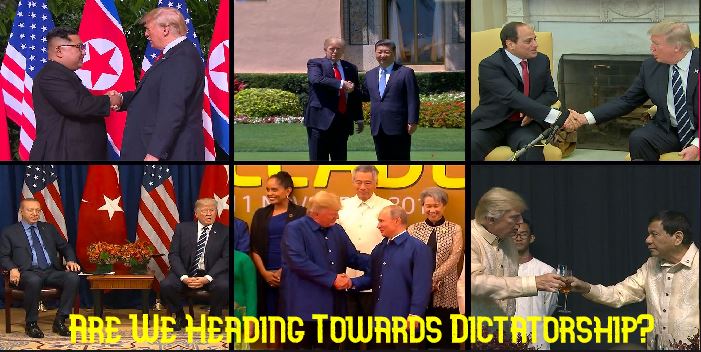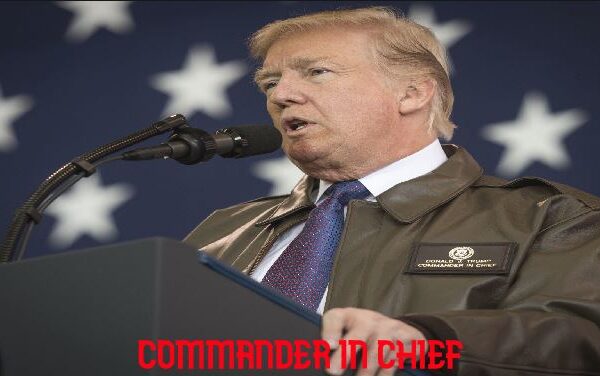The world is changing fast. For many years, globalisation was the big idea. Countries worked together, shared trade, culture, and ideas. Borders seemed less important as people connected through technology and business. But now, things feel different. The spirit of globalisation is fading, and many believe we are moving toward a world of dictatorship and groupism. This article explores why this shift is happening, how leaders hold power, and what it means for the future.
The Decline of Globalisation
Globalisation brought the world closer. Countries signed trade deals, companies opened factories abroad, and people travelled freely. The internet made it easy to share ideas across borders. But today, many countries are focusing on their interests. They are putting up walls, both physical and economic. Trade wars, tariffs, and border disputes are becoming common. Nations are choosing “us first” over “we all win.”
Why is this happening? One reason is that globalisation didn’t benefit everyone equally. While some countries and companies grew rich, many workers lost jobs. Small towns and rural areas felt ignored. People started to distrust leaders who pushed for open borders and global deals. They wanted leaders who promised to protect their own country first. This created a perfect opportunity for strong, controlling leaders to rise.
The Rise of Dictatorship
Across the world, we see leaders who want to stay in power for a long time, sometimes forever. Some rule openly as dictators, ignoring elections or laws. Others hide behind the name of democracy but act like dictators. They use tricks to silence opposition, control the media, and win elections.
In many countries, leaders suppress those who disagree with them. They might arrest critics, shut down newspapers, or ban protests. Some use technology to spy on citizens or spread fake news to confuse people. Others change laws to stay in power longer. For example, they might rewrite constitutions to remove term limits or weaken courts that could challenge them.
Elections are still held in many places, but are not always fair. Wealthy candidates or those backed by powerful groups often win. Money buys advertisements, votes, and influence. In some cases, leaders create fear or division to stay in power. They might blame minorities, foreigners, or neighbours for problems. By making people afraid, they present themselves as the only ones who can save the country.
The Power of Groupism
Groupism is when people divide into groups based on religion, ethnicity, or beliefs and fight for their group’s interests. Leaders often use groupism to stay in power. They create “us vs. them” stories to make their supporters feel special and threatened at the same time. For example, a leader might say one religion or race is better than others, or that another group is dangerous. This makes people rally around the leader, even if the leader’s actions hurt the country.
Some leaders go further and spark conflicts to stay popular. They might start a war with a neighbouring country, claiming it’s for national pride. Wars distract people from problems at home, like poverty or corruption. Other leaders create disharmony within their own countries. They pit one community against another, knowing that divided people are easier to control.
‘Groupism’ is also growing because of social media. Online, people often join groups that share their views. They hear only what they already believe, which makes them more extreme. Leaders use this to their advantage, spreading messages that deepen divisions. Instead of uniting for the common good, people fight over differences.
The Worship of Strong Leaders
In many countries, people seem hypnotised by strong leaders. These leaders act like heroes, promising to fix everything. They speak loudly, make big promises, and attack anyone who disagrees. Supporters treat them like idols, ignoring their mistakes or lies. This worship of a single leader is a sign of dictatorship. When people stop questioning their leaders, democracy weakens.
Why do people follow such leaders? Part of it is frustration. Many feel left behind by globalisation, ignored by elites, or scared of change. A strong leader gives them hope and a sense of belonging. They make life seem simple: follow me, and everything will be okay. But this comes at a cost. When one person has too much power, freedoms disappear. People lose the right to speak, choose, or live as they want.
A New Age of Expansion
As globalisation fades, some countries are acting like empires again. They want to expand their territory or spread their beliefs. Wars, invasions, and border disputes are increasing. Leaders use these conflicts to boost their image and distract from problems at home. At the same time, groupism fuels fights over faith or culture. Some groups want their beliefs to dominate, even if it means forcing others to follow.
This new age of expansion is dangerous. It brings more conflict, less cooperation, and greater suffering. Instead of working together on global problems like climate change or poverty, countries are turning inward or fighting each other.
What Does This Mean for the Future?
The shift toward dictatorship and ‘Groupism’ is worrying. Democracy is under threat when leaders control everything and people stop thinking for themselves. ‘Groupism’ divides societies, making it hard to solve problems together. The end of globalisation means less teamwork between countries, which could slow progress on big issues.
But there is hope. People can resist dictatorship by demanding fair elections, free speech, and honest leaders. They can fight ‘groupies’ by building bridges between communities, not walls. Education, open dialogue, and kindness can help people see through the tricks of power-hungry leaders.
The world is at a crossroads. We can choose a path of division, control, and conflict, or we can work toward fairness, unity, and freedom. The future depends on what we do now.






